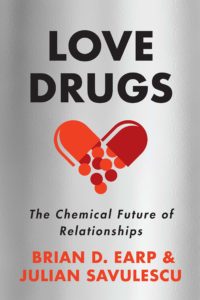Nonconsensual Neurointerventions and Expressed Disrespect: a Dilemma
Written by Gabriel De Marco and Tom Douglas
This essay is based on a co-authored paper recently published in Criminal Law and Philosophy
Neurointerventions—interventions that modify brain states—are sometimes imposed on criminal offenders for the purposes of diminishing the risk that they will re-offend or, more generally, of facilitating their rehabilitation. A commonly discussed example is the use of hormonal agents to reduce the sex drive of certain sexual offenders. Some suggest that in the future, we will have a wider range of such interventions at our disposal, possibly including, for instance, treatments to reduce aggression or impulsivity, or treatment to enhance capacities for empathy or sympathy.
In a recent paper, we consider an objection to the imposition of such neurointerventions without the offender’s prior agreement. Some object to these ‘nonconsensual neurointerventions’ (or ‘NNs’) by claiming that they express disrespect for the offender. This, according to the objection, gives us reason not to implement them. On a strong version of the objection, NNs are invariably wrong because they always express disrespect.Read More »Nonconsensual Neurointerventions and Expressed Disrespect: a Dilemma

